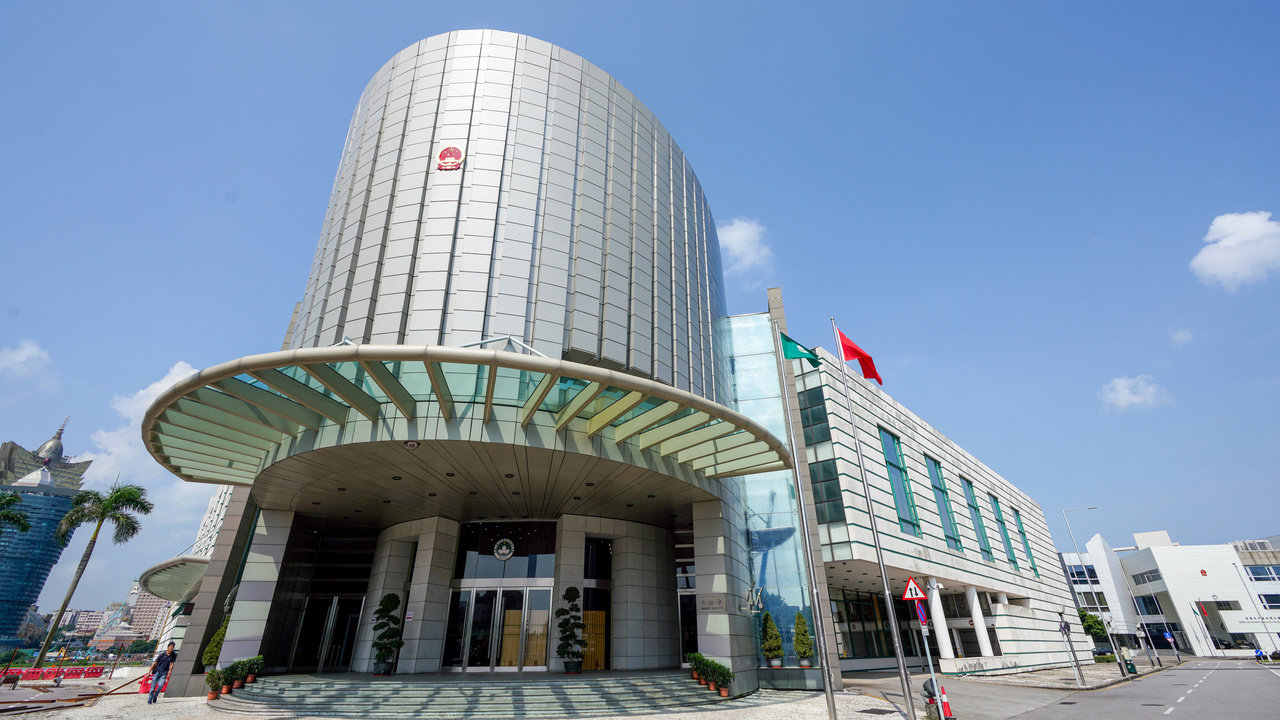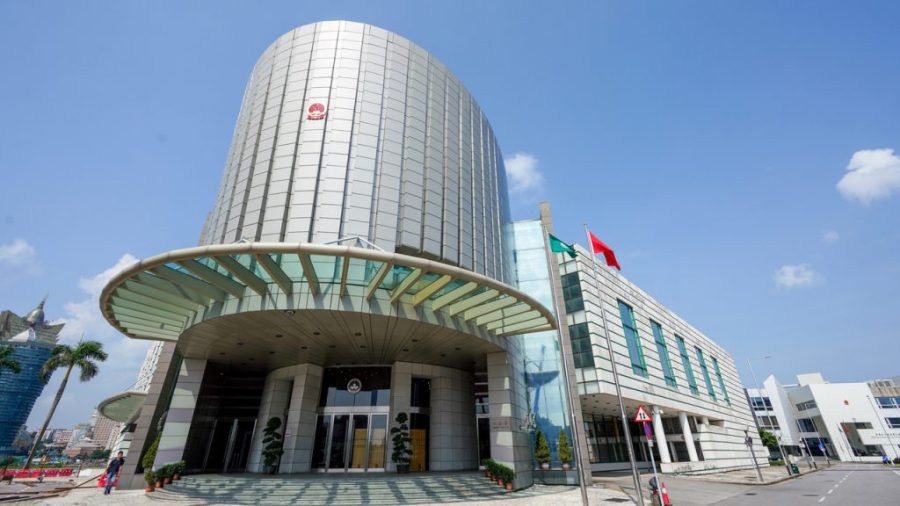Macao’s budget for 2025 was passed by the Legislative Assembly on Monday, with the government allocating roughly 25.7 billion patacas, or nearly 23 percent of overall spending, to social welfare initiatives such as the Wealth Partaking Scheme and various subsidies relating to health, water and electricity.
The budget also assumes that gross gaming revenue (GGR) for 2025 will reach a total of 240 billion patacas (US$30 billion).
While the proposal was passed unanimously, a number of legislators were also critical of various aspects, including José Pereira Coutinho, who slammed the absence of specific measures to assist residents and boost domestic spending, which he said would further aggravate the economic woes of local small and medium-sized enterprises (SMEs).
[See more: Macao casinos officially predicted to generate 240 billion patacas in GGR next year]
Meanwhile, lawmaker Ron Lam expressed concerns about the budget allocations and called for the incoming Sam Hou Fai government to “fully review the overall budget, especially to ensure that the 10 billion patacas allocated for health and education can truly meet the needs of residents’ expectations.”
Lawmakers Leong Sun Iok, Lei Cheng I, Lam Lon Wai and Lei Chan U voiced similar sentiments, calling for the authorities to expand the allocation of resources to education, non-government health organisations and social service workers.
Lam also raised the issue of Macao’s overly high financial expenditure, which he said was not commensurate with the city’s small size. He called for the authorities to look at ways to simplify expenditure and allow for it to be more “targeted,” while driving the development of the market.






